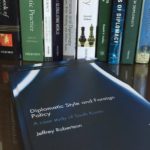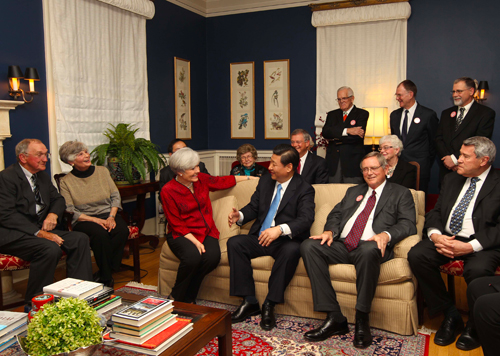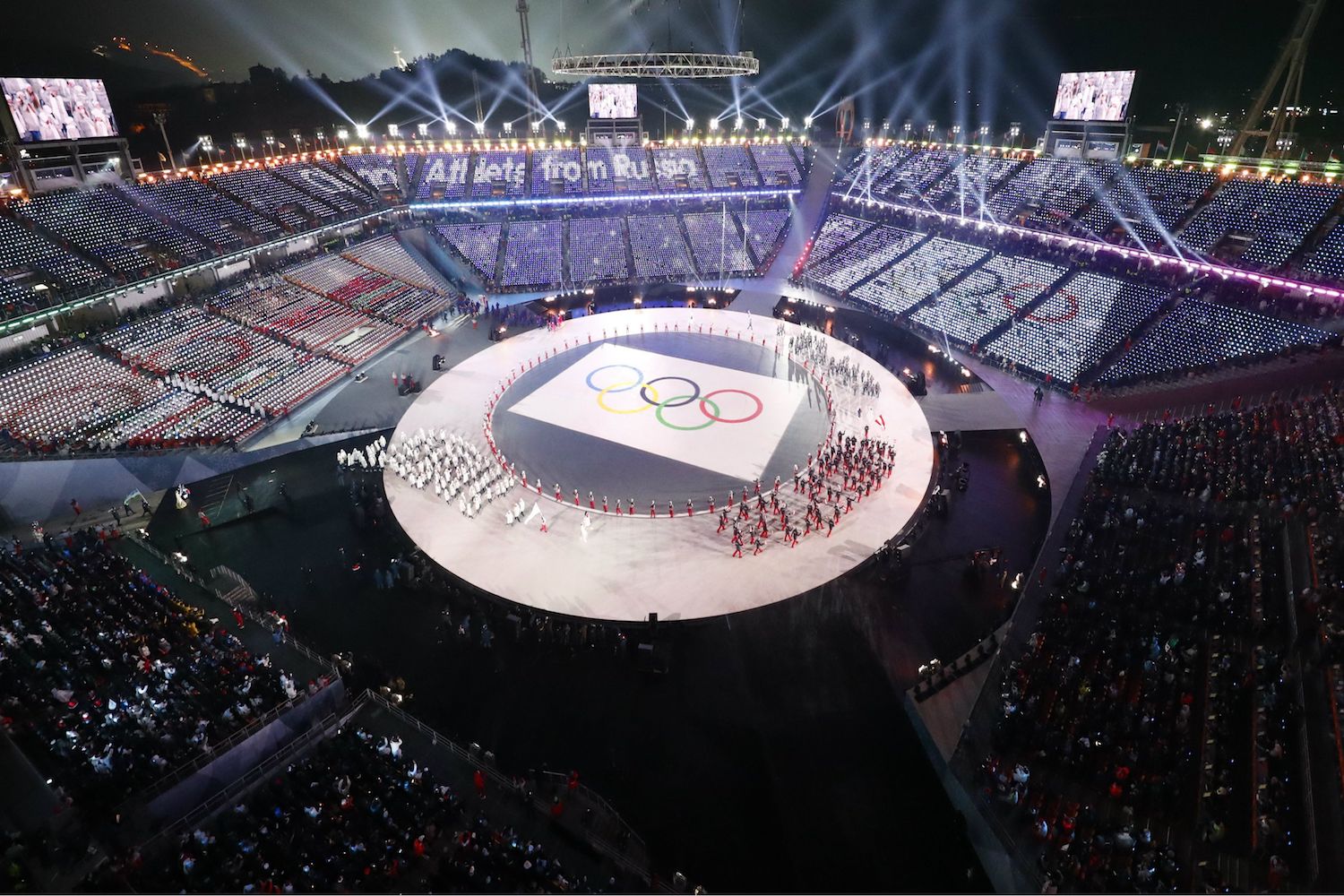The Kingdom of Saudi Arabia is in a bit of a pickle. 90% of their revenue comes from oil, the price of which plummeted by two-thirds over 18 months triggering its fiscal deficit to increase from $15bn to $98bn within a year. 90% of the Saudi working population are employed by their government according to a Gallup poll, and with more than half of the Saudi population now younger than 25 trying to push into an already overstaffed public sector, the government is struggling to create the millions of jobs needed just to maintain its current unemployment rate of 11.6%.
Should the current growth model of oil export dependency and public spending continue, Saudi Arabia can expect nothing less than an economic disaster in the next decade. Its priority objective of economic diversification has become an essential goal to achieve. Competition in the global energy market and demographic pressures demand it.
While the kingdom remains one of the richest countries in the world when measuring by per capita income, and retains estimated cash reserves of $750 billion, its oil dependency leaves it vulnerable to market fluctuations. The domestic budget compounded with international expenses from bankrolling Egypt’s national deficit, to the war on Yemen, and one exhausting economic standoff with Russia to another with the US fracking industry, the kingdom has spent a lot of money. The IMF predicts it will go bankrupt in the next five years if there is no change in economic policy – a big deal for a country that has so far avoided debt by using its now waning glut of foreign reserves to cover for revenue lost in the oil crash.
The prospect of such a massive structural transition, from oil to pretty much anything but oil, then, is a daunting one. But an economic crisis is not by any means a foregone conclusion.
To understand the situation, we are going to have to delve into Saudi politics and public policy, but we must also acknowledge that we are doing so with the very limited understanding we have of the kingdom’s fears and strategies. Like attempting to analyse any secretive regime, gauging the political climate as someone who is not in the exclusive reaches of the government would be foolhardy. According to Middle East expert Gregory Gause, with regards to Saudi politics, “those who know do not speak, and those who speak do not know.” It is something to bear in mind when reading about the apparent unravelling of the kingdom.
For the Saudis in the capital city Riyadh, looking out into the region surrounding them, it is understandable why they would be worried. Since 2011, they have seen the region spiral out of control. Citizens are increasingly willing to defy and overthrow their leaders. Observing this massive instability from the point of view of a country whose ruling royal family have always preferred a political inertness in their populace the Saudi leaders will no doubt wish to reverse rising dissatisfaction.
Domestically, the increase in government expenditure on additional salaries for civil and military Saudi employees made up much of the 13% increase in budgeted spending in 2015 – the year the kingdom made a $98 billion loss. The budget cuts that followed for 2016 to mitigate the budget deficit, which was 15% of GDP, will mean cuts in government-subsidised industries like oil, but also water and electricity, which in turn will stall government projects.
These budget cuts will also affect its foreign aid recipients, which will undoubtedly be stung by the cuts in foreign and military aid, perhaps provoking political backfire in the region against the kingdom.
Saudi fears then appear to stem from loss of control over the oil market, nearby civil wars and their spill-overs, and the mounting costs born out of attempts to stabilize the region.
But the one feather that will break this camel’s back will be the growing and endemic youth unemployment that continues to endanger Saudi Arabia’s national security. If the kingdom wishes to regain control over the ever-slipping situation, it will need to simultaneously address this endemic issue of unemployment and diversify its economy.
Enter Prince Mohammed Bin Salman, the man with a two trillion-dollar plan to turn Saudi Arabia into, as he himself put it, a state no longer “addicted to oil.” The plan, called ‘Vision 2030,’ includes reducing subsidies, increasing fees and tariffs on public services, as well as value added taxes that will seek to gain more revenue from visitors to Saudi Arabia. It will also seek to increase the kingdom’s current investment income by diversifying the sources of its national wealth – one of the ways it wishes to do this is to make an initial public offering of up to 5% of its national oil company, Aramco, investing the proceeds in the construction and financial sectors among others, hoping to diversify the kingdom’s assets.
But this economic transition will not be enough if it does not increase public-private sector cooperation. Recently, regulators in Saudi Arabia have imposed restrictions on foreign workers and expats who wish to move up the company ladder, that make hiring them less costly than hiring Saudi nationals. Employers also have more control over their foreign workers, for instance in most circumstances foreign workers cannot leave a job with their sponsor for another job in the kingdom without permission from the original employer. Saudis on the other hand have higher wage expectations, are less willing to relocate, and are a lot harder to fire.
The government has been taking steps to reform through the ‘Saudization’ of the labour force in the private sector but without more equal conditions, employers will continue to prefer foreign workers and will have little incentive to improve workplace conditions or adopt more efficient practices that are the key to lifting productivity and employment in the medium to long run.
The government should also look into allowing more job opportunities in the private sector that will employ the skills of its educated youth – to neglect now more than half of their population can effectively turn them into the very threat that the royal family fears. Further destabilization in the region is something no one wants.
Essentially, the Kingdom of Saudi Arabia must adapt to the realities presented to it, both externally and internally. Its tried and tested method of brute physical or financial force no longer holds with a one-commodity economy facing rapid decline in the face of an ever-competitive energy market, and with a good chunk of the population now reaching working age, the need to adapt to the changing circumstances is more urgent than ever. It will have to either evolve or dissolve.
By Ceinwen Thomas
- NOVAsia Is Hiring: Call For Applications and Contributors for Spring 2025! - February 26, 2025
- NOVAsia Is Hiring: Call For Applications and Contributors for Fall 2024! - August 20, 2024
- NOVAsia Is Hiring: Call For Applications and Contributors! - February 19, 2024






